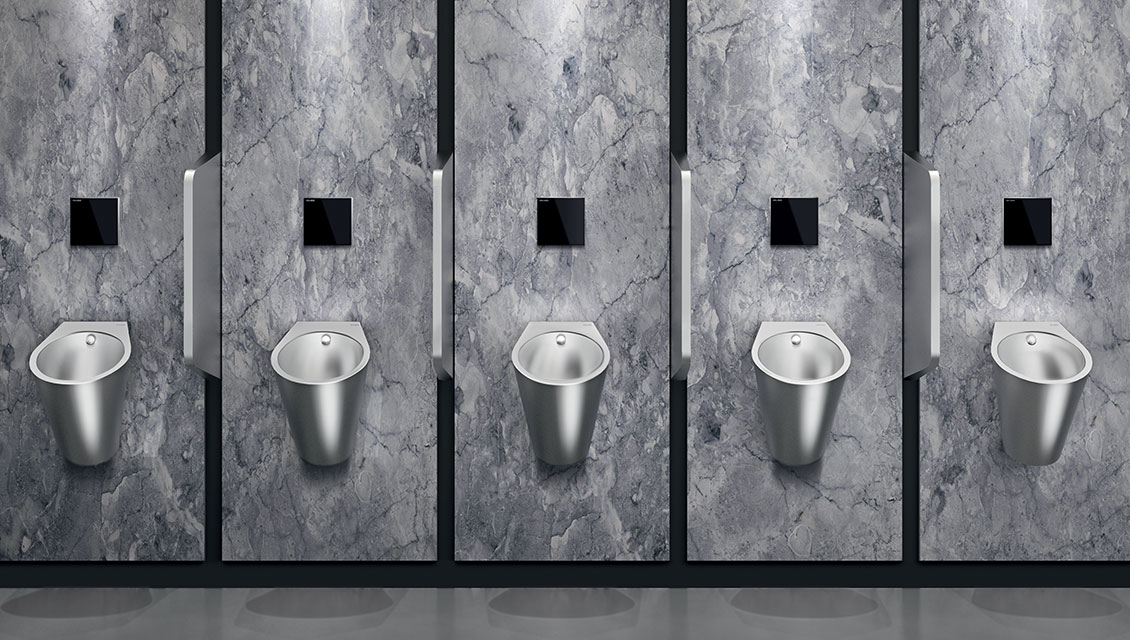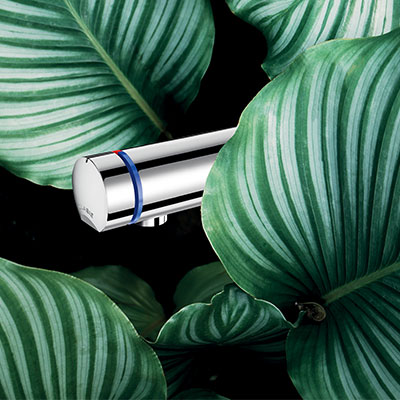
The new reign of GREEN
Increased awareness about controlling consumption is gradually leading the population as a whole to adopt eco-responsible actions.
Recycling, consuming local and organic produce, protecting the environment, using ecological means of transport, composting, reducing water usage... so many daily activities that are now part of a sustainable logic aimed at consuming less and consuming better.
In the light of these new ecological and economic challenges, companies are now playing an increasingly active role, even more so when their products can impact directly on energy or water consumption.
When we know that with the right products we can achieve a 90% reduction in water consumption during hand washing, and that we can fight against the waste of energy, being well equipped becomes a priority!
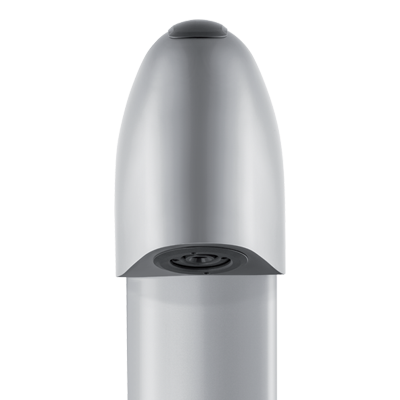
ECO Design
For 90 years, controlling water and energy consumption in the interest of sustainable development to conserve natural resources has been a major concern for DELABIE.
The company places ecological issues at the heart of its thinking and offers products destined for public and commercial places that are design-led as well as responsible and sustainable.
Indeed, in public and commercial places, the washrooms consume significant volumes of water.
As a pioneer in the ecological economy, the brand has developed a policy of supporting customers. The performance of its innovative self-closing timing system, in terms of water and energy savings, far exceeds the criteria for energy efficiency for environmental labels such as BREEAM, LEED or HQE.
The goal is better consumption.
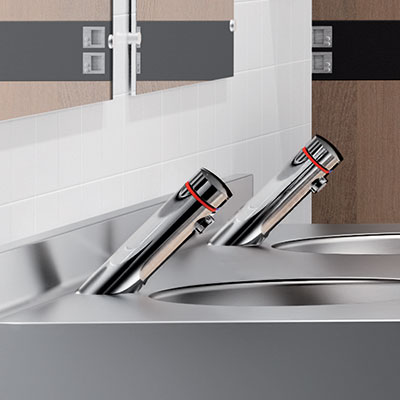
GREEN consumption
DELABIE's commitment to a responsible and sustainable approach is reflected in the fact that the flow rate on all of its basin mixers and taps has been reduced to 3 litres/minute (can be adjusted to 1.5 litres/minute) compared to 6 - 12 litres/minute for competitor's domestic mixers and taps.
However, during hand washing, 60% of the water is wasted during soaping, and reducing the flow rate is not enough to ensure controlled and sustainable consumption.
To reduce over-consumption, DELABIE proposes a system where the water stops automatically between wetting and rinsing the hands. Known as "split delivery", this innovation enables the water to shut off during soaping and to re-start for rinsing the hands (7 seconds).
The water shuts off naturally and automatically thanks to the intelligent use of hydraulic pressure, therefore limiting the waste of energy.
DELABIE is also working towards more efficient operation, avoiding any energy consumption and ensuring optimal user comfort. For example water controls with soft-touch operation require very little effort to apply sufficient mechanical pressure to activate the flow.
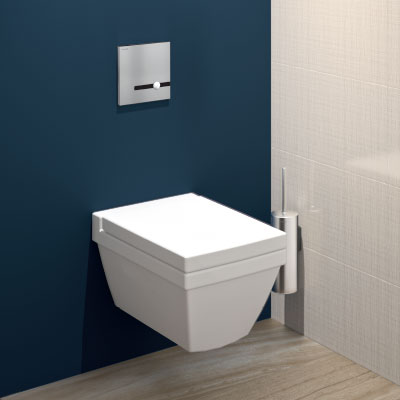
Better equipped, better consumption
Offering sustainable and durable washroom solutions also means supporting clients and advising them in the search for the best solution according to their needs.
For example, in highly-frequented areas such as airports, water stagnation is not really a problem. An electronic mixer or tap with a periodic duty flush is not essential, and a mechanical, self-closing tap is ideal.
However, if the priority is to reduce the spread of bacteria in the first instance, installing an electronic solution will improve hygiene.
To meet the specific needs of public and commercial places, DELABIE has developed technological innovations such as the high-frequency mode on urinal valves. This concept reduces water consumption during short-term peak traffic periods, such as half time at a football stadium. A micro-rinse after every user ensures their comfort and, when the busy period is over, the system activates a full rinse. This solution also addresses the problem of stagnant water in low-usage areas by activating a preventative rinse every 24 hours.
Finally, it is important to note that a poor-quality electronic tap may have a flow rate 2 to 3 times higher than a time flow tap, resulting in lower water savings than expected.
This is why DELABIE's electronic ranges have the same optimised flow rate as the self-closing solutions and why the brand attaches particular importance to low energy consumption.
